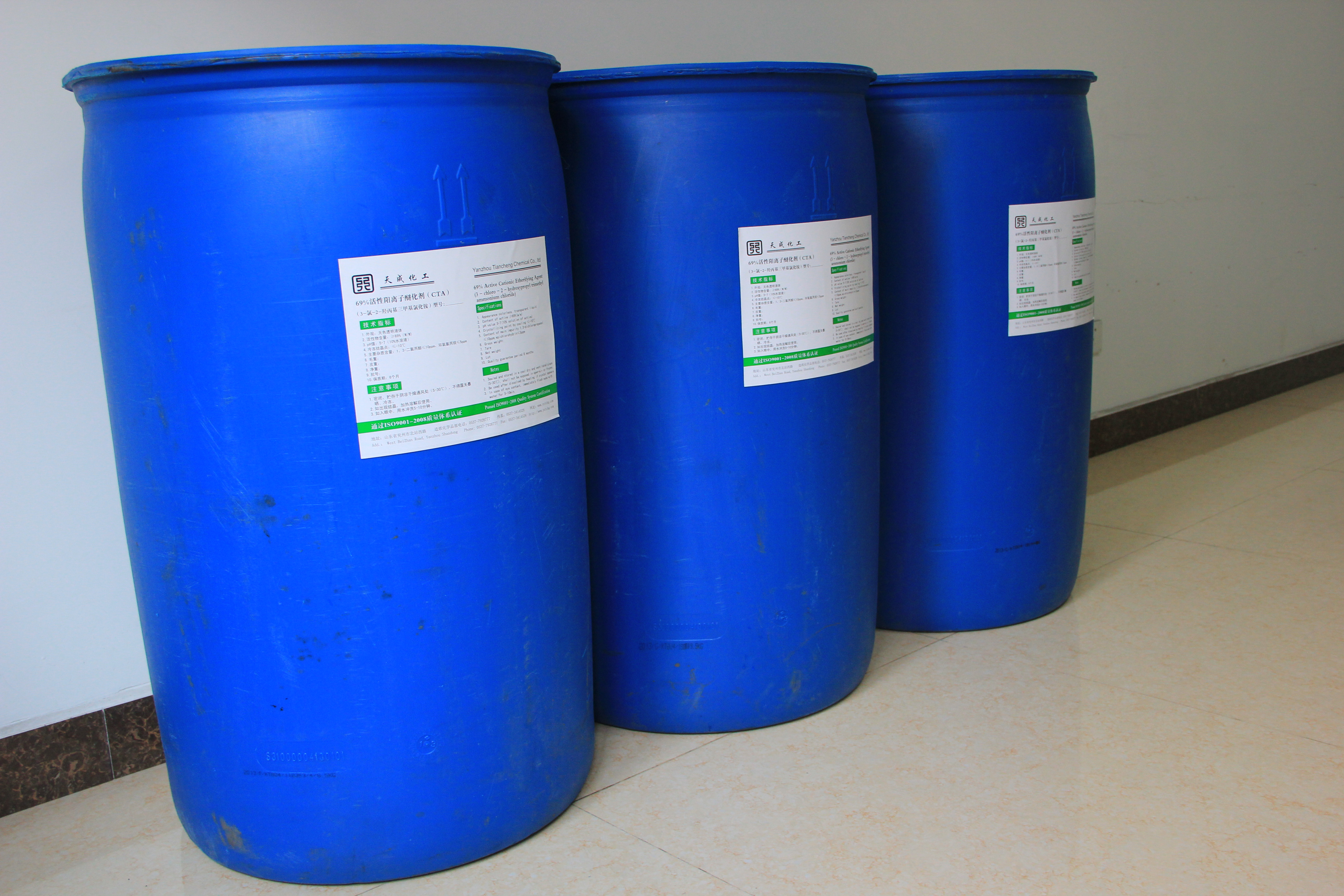Dr. Nima Sharifi, who participated in the study, said that while testosterone is widely believed to stimulate the development of prostate cancer, advanced prostate cancer that is resistant to standard hormone therapy is actually driven by a pathway that surrounds the androgens.
In the United States, prostate cancer is the most common cancer in men and is the second leading cause of cancer death in men after lung cancer.
In the case of advanced prostate cancer, testosterone that drives the disease is converted to a more effective hormone that accelerates tumor growth. The standard treatment is to deplete testosterone in the tumor, but the tumor eventually becomes resistant to hormone depletion because the tumor itself produces androgens, or male hormones.
In the current study, scientists at the University of Texas Southwestern Medical Center analyzed prostate cancer cell lines, mouse models, and patients' fresh tumor tissue. Their results suggest that potential drug treatment requires the use of an enzyme that initiates hormone production early in the disease process as a therapeutic target.
The results of this study will help researchers develop biomarkers that are responsive and responsive to hormone therapy, and ultimately will help determine why and how prostate cancer develops resistance.
I. Company profile
Tiancheng Chemical Co., Ltd. is a collectivized high-tech multi-function fine chemical enterprise, integrated with science, industry, trade and research, which is mainly engaged in paper chemicals, Water Treatment Chemicals, rubber and plastic chemicals, agricultural pharmaceutical intermediates, basic chemical materials, food additives, detergent additives and electronic chemicals.
II. Technical indicators:
|
Appearance |
Colorless and transparent liquid |
|
Content |
60% |
|
pH value |
4-5.5 |
|
Viscosity (25℃), mPa·s |
≤20 |
III. Application fields:
1. In the filed of cosmetics, detergents, wool detergents: With the continuous improvement of people`s living standards, the demand for cosmetics, washing products and cleaning products is continuously increasing. As a monomer, the surfactant is applied to many fields, but also use with non-ion preparations jointly, with the function of penetration, humidification, washing and electrostatic elimination, providing help and support for improvement of people`s life and quality of life.
2. In the field of electronic chemicals: the surfactant can be used in cleaning preparations of the electronic products, with the function of washing and electrostatic elimination.
IV. Notes:
1. Storage condition: This product is stored in a cool and dry place (5-30 ℃) to prevent open-air exposure and freezing.
2. If the product storage temperature is below -15 ℃, there will be crystalline polamer. Before using, please heat and stir evenly, not affecting the product quality.
3. The product is slightly acidic. If it is accidentally into the eyes, please wash with water immediately.
V. Packing specification
250 kg plastic drum; IBC tons of barrel; Flexitank.

Surface Active Agent Tc-1000,Surface Active Agent,Surface Active Agent For Electronic Chemicals
Shandong Tiancheng Chemical Co., Ltd. , https://www.akdchemical.nl